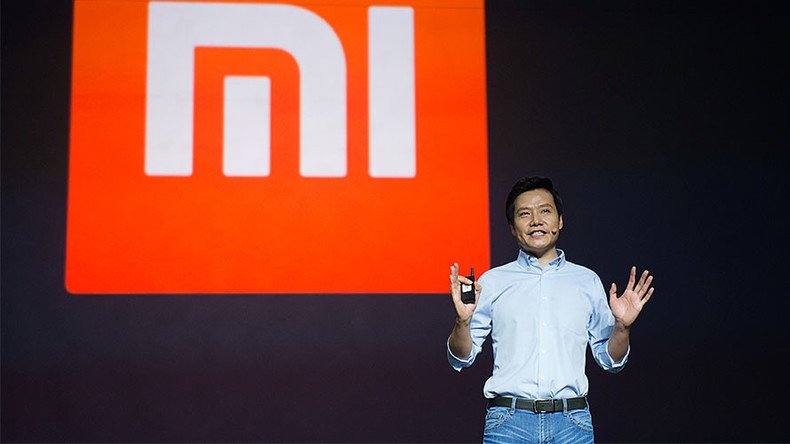Chinese tech firm to take on leading global smartphone makers

Beijing-based electronics company Xiaomi says it's ready to challenge the world’s smartphone market dominated by Apple, Samsung and Huawei.
Xiaomi has just become the fourth smartphone manufacturer to introduce its own self-designed processors as well as the first smartphone to be powered by a custom chipset.
“The ability to create its own chipsets is the pinnacle achievement for any smartphone company,” said Lei Jun, Xiaomi’s CEO and co-founder at a launch event at the China National Convention Center in Beijing.
The Surge S1 chipset was developed by the company’s subsidiary Pinecone formed in 2014. The new custom processor is designed to enhance the user experience by making the phone’s software and hardware more cohesive.
“China is now on the cutting edge of microchip technology. Xiaomi’s release today is strategically significant,” said Sun Changxu, a technology analyst for several trade magazines as quoted by AFP.
Xiaomi had previously used chips produced by Taiwanese MediaTek and America's Qualcomm. Over the past few years, the latter was challenged by antitrust investigations in several countries, including the US Federal Trade Commission.
At the same time, China's largest chip maker, the state-owned Tsinghua Unigroup, announced plans to invest $30 billion into a new semiconductor factory. The move aims to reduce its dependence on foreign technology.
At the event, Lei thanked local officials for “encouraging us to invest in a microchip despite our lack of experience.”
RT_com: #Nokia3310 is BACK!
— Nu Metal Kid 🤘🏾✌🏾 (@Nu_Metal_Man) February 26, 2017
‘Indestructible’ phone makes comeback 17yrs after debut https://t.co/hK7l7RLndfpic.twitter.com/lYidm2MVZb
However, some analysts are skeptical about Xiaomi’s new product. They say optimizing smartphones’ characteristics, and processors don't drive sales of cellphones.
While Xiaomi led Chinese smartphone sales in 2015, it slid to fifth last year, behind previously lesser-known brands like Vivo and OPPO.













